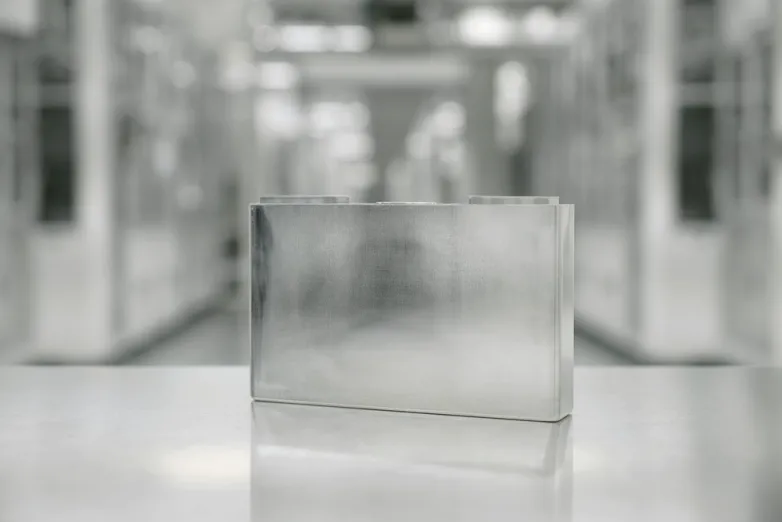European action strategy to accelerate growth of battery value chain
- The EU-supported European Battery Alliance (EBA) will certainly present a freshly updated action plan to enable 90% of the Union's need for batteries to be met with domestically made products by 2030.

By 2021, EUR127 billion (US$ 138.7 billion) had currently been spent into creating a battery production value chain in Europe, driven forwards by the Alliance, which was created in 2017 to attend to the "industrial challenge" in advance.
However, to create a self-dependent battery industry by 2030, EUR382 billion of added investment will certainly be called for, the EBA said complying with a top-level industrial conference it held right before completion of March.
As soon as developed, the market chance for the European battery market could be worth about EUR250 billion annually by 2025.
The Alliance includes more than 750 industrial and development teams in the subscription of its industrial workstream, called EBA250. More than 180 industrial battery projects are in growth in the European Union, including 47 battery cell projects.
Assistance systems in position include the designation of battery projects with Important Project of Common European Interest (IPCEI) standing worth greater than EUR20 billion, in addition to close to EUR1 billion being dedicated to research study projects under the EU's Horizon Europe research programme to 2027.
Alike with the US, batteries have been recognized as a vital part of Europe's energy future, specifically for boosting adoption of electric vehicles (EVs) and also of renewable energy via fixed power storage space for time.
Extra recent occasions such as the COVID-19 pandemic, which has actually ruined supply chains as well as raised prices of the worldwide transport as well as import of battery products and ended up products, the invasion of Ukraine by Russia and also recurring electrical power cost spikes, have actually reinforced that significance.
US Head of state Joe Biden's newest tactical relocate that regard has actually been to call on the country's Defense Act to rally support for his country's residential value chain growth.
Upgraded action strategy
The European Battery Alliance, led by European Commission vice head of state Maroš Šefčovič and also collaborated by EU development accelerator program EIT InnoEnergy has determined spaces that still must be addressed.
While significant progression has actually undoubtedly been made, those voids in the upstream and downstream sections of the sector, along with in skilling up the labor force need to be filled up to develop what EBA250 called a "resilient end-to-end battery industry".
In the upstream, that means fixing problems around the mining of domestic basic materials as well as processing, refining as well as producing active battery grade materials, downstream the problems are around recycling end-of-life batteries as well as manufacturing scrap along with reintroducing products recycled right into the value chain.
At the current conference, it was concurred that among immediate priority actions that require to be taken are the fast adoption of EU battery policy legislations, which will gradually present points like carbon footprint labelling as well as recycled material requirements on batteries made as well as sold in the EU.
The guideline is currently at the stage of being negotiated with specific EU Member State nations to determine exactly how it will be implemented throughout the various areas of the common market. The EBA has actually claimed sustainability can be a vital facet of competition for European battery business.
The regulation, consisting of a 'battery key' which will enable tracking of gadgets and materials must have ambitious and stringent provisions, the group's members have concurred. On a relevant note, profession organization Flow Batteries Europe claimed that battery technologies such as flow batteries which do not have inner storage space are left out from the key as things stand and promoted for their addition.
There must likewise be legislation embraced to place batteries at the heart of EU decarbonisation strategies, both in transportation decarbonisation with EVs as well as renewables adoption, while measures to sustain and also de-risk financial investments in raw and also processed battery materials additionally require to be implemented, EBA claimed.
The European Strategic Action Plan on Batteries, published last in 2018, will call for an update, setting out new objectives-- the 2018 strategy extended to 2025, while the update will certainly take the continent to 2030.
Among brand-new ambitions as well as goals expected for the new plan will certainly be 100% residential recycling coverage in the EU, sourcing 40% of energetic products used in EU producing domestically and also covering 90% of cell production from within the continent. The expected value developed will skyrocket dramatically from EUR250 billion a year by 2025, to EUR625 billion annually by 2030, with Europe intending to be efficient in supporting 1TWh of need across mobility, energy storage system (ESS) and also other sectors by then.
Also read

